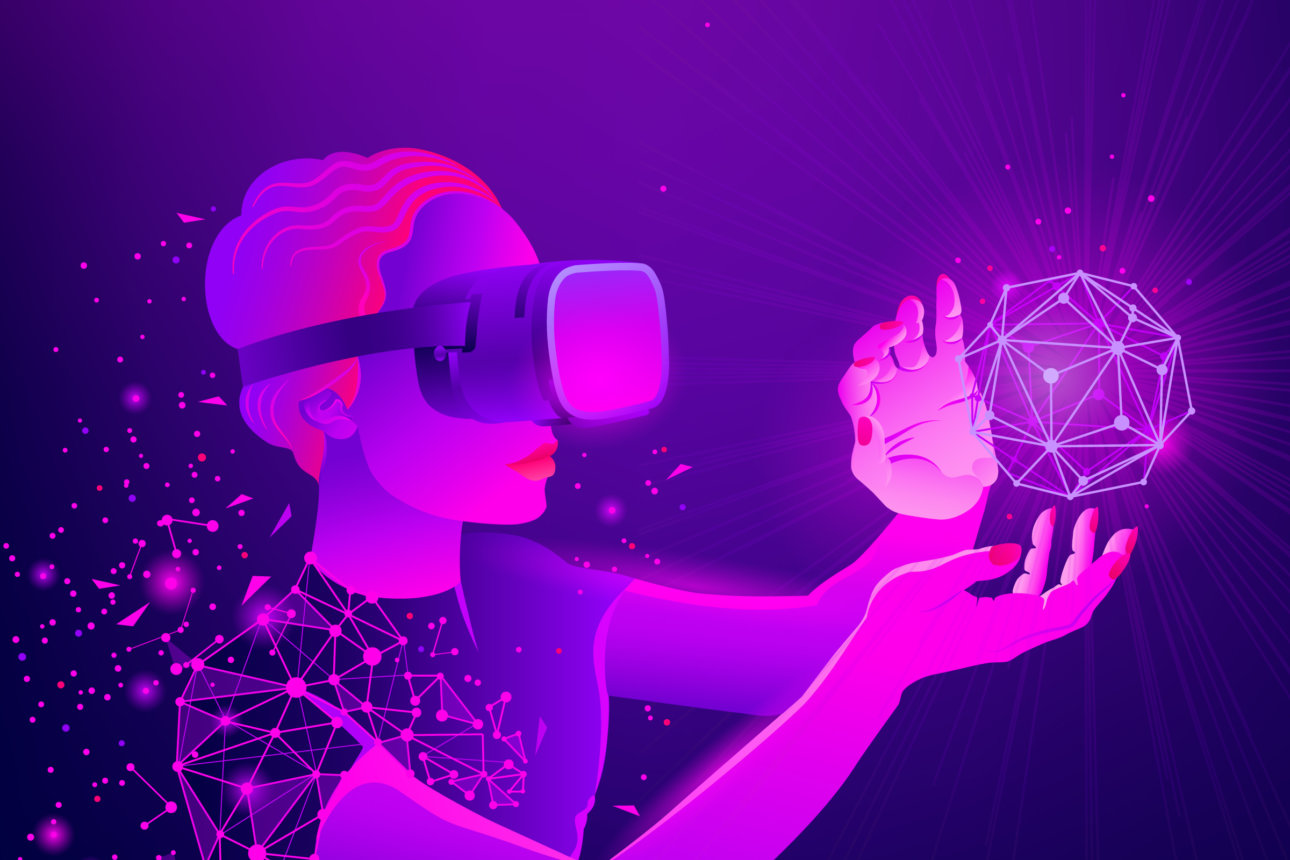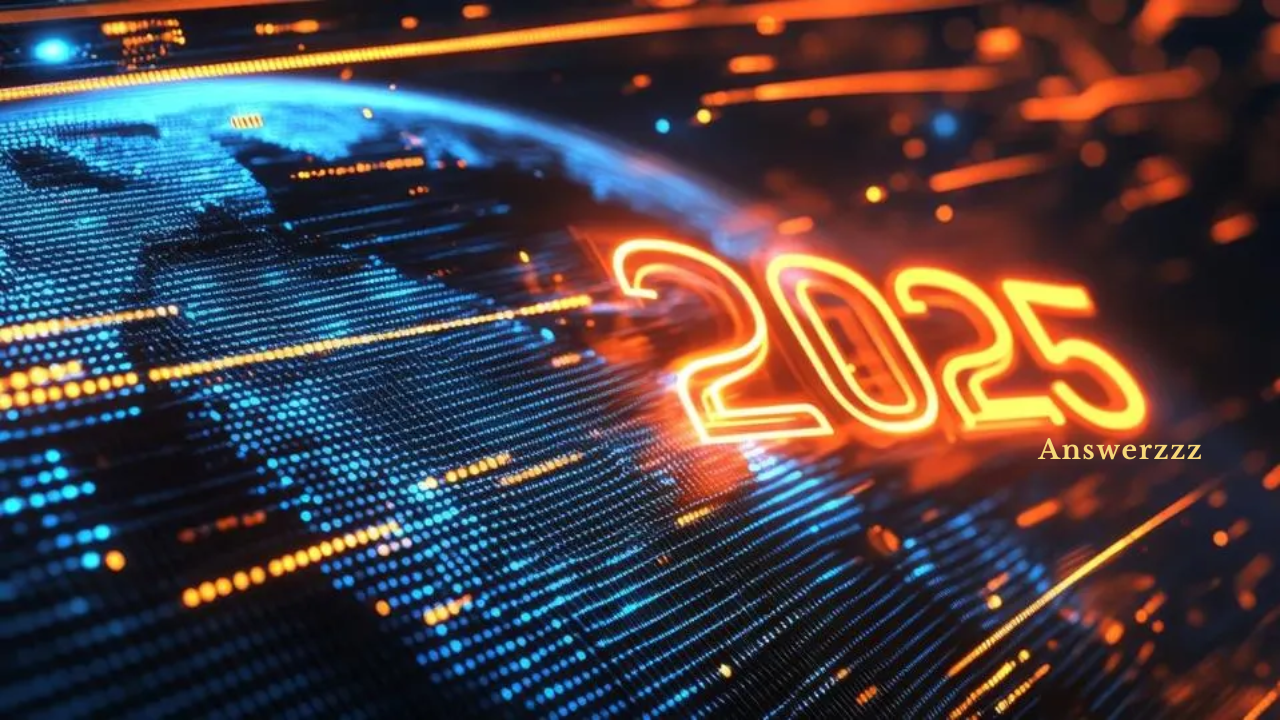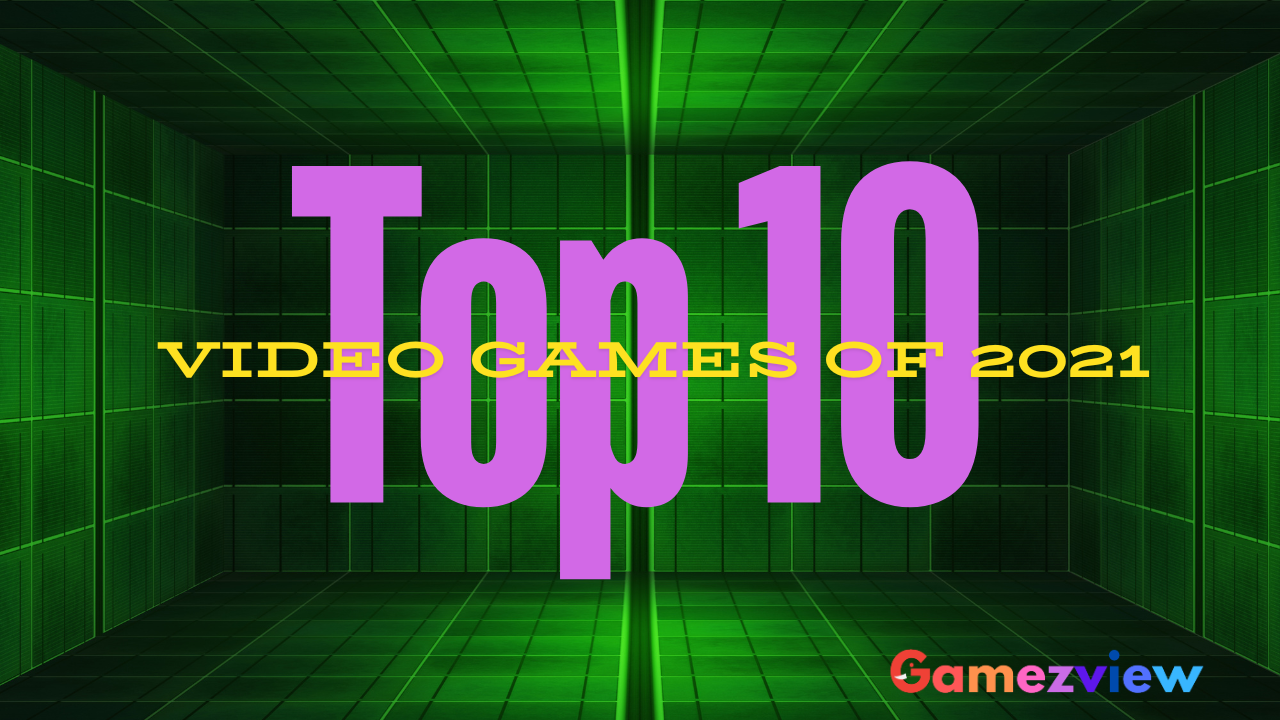As we near the end of 2025, it’s evident that this year has been a transformative period for technology. From breakthroughs in artificial intelligence (AI) and the rise of quantum computing to sustainable energy solutions and advancements in virtual reality (VR), 2025 has pushed the boundaries of what we thought was possible. This review will explore the top tech innovations that shaped the year and are set to redefine industries for years to come.
1. The AI Revolution Continues: AGI on the Horizon
Artificial Intelligence (AI) continued to dominate headlines in 2025, but this year marked a turning point as we witnessed the rapid progression toward Artificial General Intelligence (AGI). Unlike narrow AI, designed to perform specific tasks, AGI represents machines capable of understanding, learning, and performing any intellectual task a human can.
Several tech giants, including OpenAI, Google DeepMind, and Microsoft, made strides in developing systems that demonstrate reasoning, problem-solving, and the ability to learn across multiple domains without human intervention. The implications are enormous, from revolutionizing industries like healthcare, finance, and education to fundamentally changing the nature of work.
One of the standout AI innovations this year was the introduction of AI-driven research assistants. These systems have greatly accelerated scientific research by generating new hypotheses, analyzing massive datasets, and even conducting experiments in virtual environments. Thanks to AI assistance, the scientific community is now on the brink of discovering new materials, drugs, and solutions to complex problems.
Key Impact of AI in 2025:
- Healthcare: AI-powered diagnostic tools can now detect diseases, including cancer and cardiovascular conditions, at much earlier stages with unprecedented accuracy.
- Education: Personalized learning through AI has become mainstream, with intelligent tutors adapting to individual learning styles, helping students grasp complex topics more effectively.
- Creative Industries: AI-generated art, music, and even video games have gained popularity, with AI models like DALL-E 4 and ChatGPT 5 pushing creative boundaries.
2. Quantum Computing Achieves Practical Milestones
Quantum computing has been a theoretical possibility for decades, but in 2025, we finally witnessed quantum computers delivering on their promise. Several companies, including IBM, Google, and Intel, announced that their quantum processors had surpassed the capabilities of traditional supercomputers for specific, highly complex tasks. This achievement, known as “quantum advantage,” is set to revolutionize industries that rely on computational power.
Amazon Echo Show 15 Review: Transforming Smart Home Control in a Whole New Way
Quantum computers excel at solving problems involving vast datasets, such as those in cryptography, chemistry, and logistics. In 2025, one of the most significant breakthroughs involved simulating complex molecules to discover new pharmaceutical compounds, potentially leading to faster drug discovery processes. Additionally, quantum encryption methods introduced this year are expected to provide the highest levels of security for sensitive data, offering protection against cyber threats.
Key Impact of Quantum Computing in 2025:
- Drug Discovery: Pharmaceutical companies used quantum simulations to identify potential treatments for diseases in record time, significantly reducing the cost and time of clinical trials.
- Cryptography: Quantum-resistant encryption techniques have been developed to safeguard data from the immense power of quantum decryption, ensuring cybersecurity in the quantum era.
- Logistics: Quantum algorithms have optimized supply chains by solving complex logistical problems that traditional computers struggled with, leading to faster delivery times and reduced costs.
3. Sustainable Energy Takes Center Stage
The global push for sustainability has been a central theme throughout 2025, and this year saw major advancements in clean energy technologies. With the world increasingly focused on combating climate change, innovations in solar, wind, and battery technologies have made renewable energy more efficient and affordable than ever before.
One of the most exciting developments this year was the commercialization of fusion energy. For decades, nuclear fusion has been hailed as the holy grail of energy production—offering a near-limitless, clean energy source with minimal environmental impact. In 2025, private companies like Helion Energy and Commonwealth Fusion Systems reported breakthroughs in sustaining fusion reactions long enough to generate more energy than they consumed, marking a pivotal step toward the large-scale adoption of fusion energy.
In addition to fusion, solar energy reached new heights with the introduction of perovskite-based solar cells. These cells are cheaper to produce and more efficient than traditional silicon-based cells, making solar power more accessible to a wider range of consumers and industries.
Key Impact of Sustainable Energy in 2025:
- Energy Independence: Fusion energy plants are expected to become operational within the next decade, offering nations energy independence and significantly reducing reliance on fossil fuels.
- Grid Efficiency: Advances in energy storage technologies, particularly solid-state batteries, have allowed for better storage and distribution of renewable energy, stabilizing grids and reducing waste.
- Consumer Adoption: Affordable solar technologies and home-based energy storage systems, such as Tesla’s Powerwall 3, have empowered homeowners to become energy-independent, contributing to a global decrease in carbon emissions.
4. The Rise of Extended Reality (XR)
2025 has been a breakout year for Extended Reality (XR), an umbrella term encompassing Virtual Reality (VR), Augmented Reality (AR), and Mixed Reality (MR). These technologies have become more immersive and practical, extending their applications far beyond gaming and entertainment. Industries such as education, healthcare, and manufacturing have adopted XR solutions to improve training, patient care, and production processes.

One of the most impactful developments in 2025 was the widespread adoption of XR in education. Schools and universities across the globe integrated VR and AR into their curriculums, allowing students to explore historical events, conduct virtual experiments, and learn in immersive environments that enhance engagement and retention.
In healthcare, AR-assisted surgeries have become more common, enabling surgeons to visualize complex procedures in 3D while operating. This has led to more precise and less invasive surgeries, improving patient outcomes. Moreover, therapy sessions using VR have proven effective in treating mental health conditions such as PTSD and anxiety by creating controlled environments for exposure therapy.
Key Impact of XR in 2025:
- Education: VR-based educational platforms have provided immersive learning experiences, making complex subjects easier to understand and more engaging for students.
- Healthcare: AR and VR technologies have improved surgical precision and mental health treatments, with virtual therapy gaining mainstream acceptance as an effective treatment method.
- Workplace Training: Companies are using XR to train employees in realistic virtual environments, allowing for hands-on learning without the risks or costs associated with physical training.
5. 5G Networks Pave the Way for a Connected Future
Though 5G was first introduced years ago, it wasn’t until 2025 that its full potential was realized. Ultra-fast and low-latency 5G networks are now ubiquitous in major cities worldwide, enabling a new era of connectivity for devices, vehicles, and smart infrastructure. The Internet of Things (IoT) has flourished as a result, with billions of interconnected devices driving efficiencies in various industries.
Sony WH-1000XM5 vs. Bose Noise Cancelling Headphones 700: Which is the Best for You?
One of the standout applications of 5G this year was the rise of autonomous vehicles. With the near-instantaneous communication capabilities of 5G, self-driving cars have become more reliable and safe. Cities across the world have started to integrate smart traffic systems that can communicate with autonomous vehicles, reducing traffic congestion and accidents.
Moreover, 5G has enabled a new generation of smart cities. From real-time monitoring of air quality to intelligent waste management systems, 5G has transformed urban living by making cities more responsive, efficient, and environmentally friendly.
Key Impact of 5G in 2025:
- Autonomous Vehicles: Self-driving cars and trucks became mainstream in 2025, with 5G networks providing the necessary infrastructure for safe and reliable autonomous transportation.
- Smart Cities: 5G-powered smart city technologies have improved urban living through better infrastructure management, reduced pollution, and enhanced public safety.
- IoT Expansion: Billions of IoT devices are now seamlessly connected via 5G, allowing for smart homes, industries, and healthcare systems to operate with enhanced efficiency and reliability.
6. Biotech Breakthroughs: Personalized Medicine and Gene Editing
2025 was also a pivotal year for biotechnology, particularly in the areas of personalized medicine and gene editing. CRISPR-Cas9 technology continued to evolve, enabling precise edits to DNA that could prevent or cure genetic diseases. This year saw the successful treatment of several genetic disorders using CRISPR, offering hope to millions affected by hereditary conditions.

Additionally, advances in personalized medicine allowed treatments to be tailored to individual patients based on their genetic profiles. In oncology, for instance, doctors are now using AI and genetic data to design personalized cancer treatments that are more effective and have fewer side effects.
Key Impact of Biotech in 2025:
- Gene Editing: CRISPR technology has enabled the treatment of genetic disorders such as cystic fibrosis and sickle cell anaemia, with the potential to cure many more diseases in the future.
- Personalized Medicine: Tailored medical treatments based on genetic profiles have improved outcomes for patients with cancer, heart disease, and other conditions.
- Regenerative Medicine: Stem cell research has made strides in regenerative therapies, allowing for the growth of new tissues and organs, and offering hope for organ transplant patients.
2025 has been a year of remarkable technological progress. From the continued rise of AI and quantum computing to breakthroughs in sustainable energy, biotech, and 5G connectivity, the innovations of this year have set the stage for a future where technology plays an even more integral role in our lives. As we look ahead, these advancements promise to address some of humanity’s most pressing challenges while opening new frontiers of possibility. The future is bright, and 2025 will be remembered as a year that significantly shaped it.
Microsoft Surface Laptop Studio Review: A Creative Powerhouse or Overpriced Hype?




